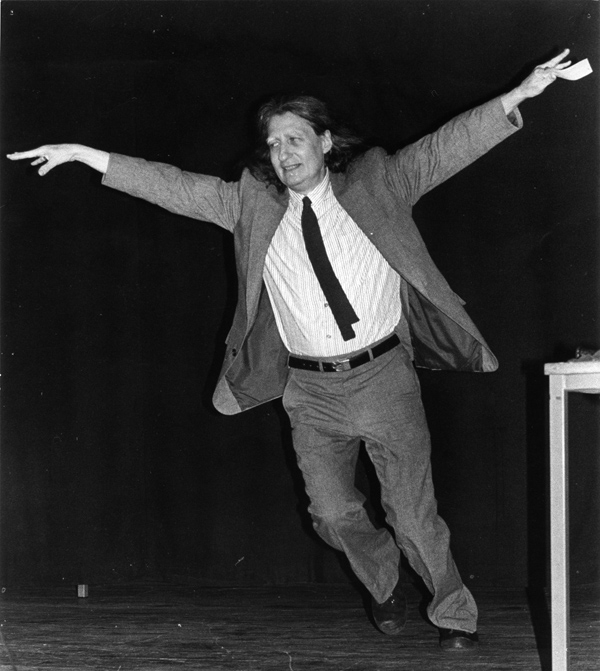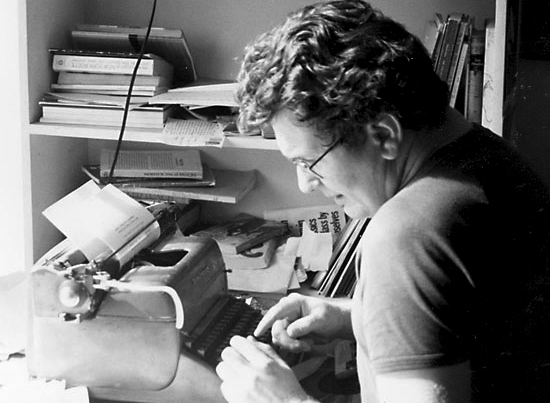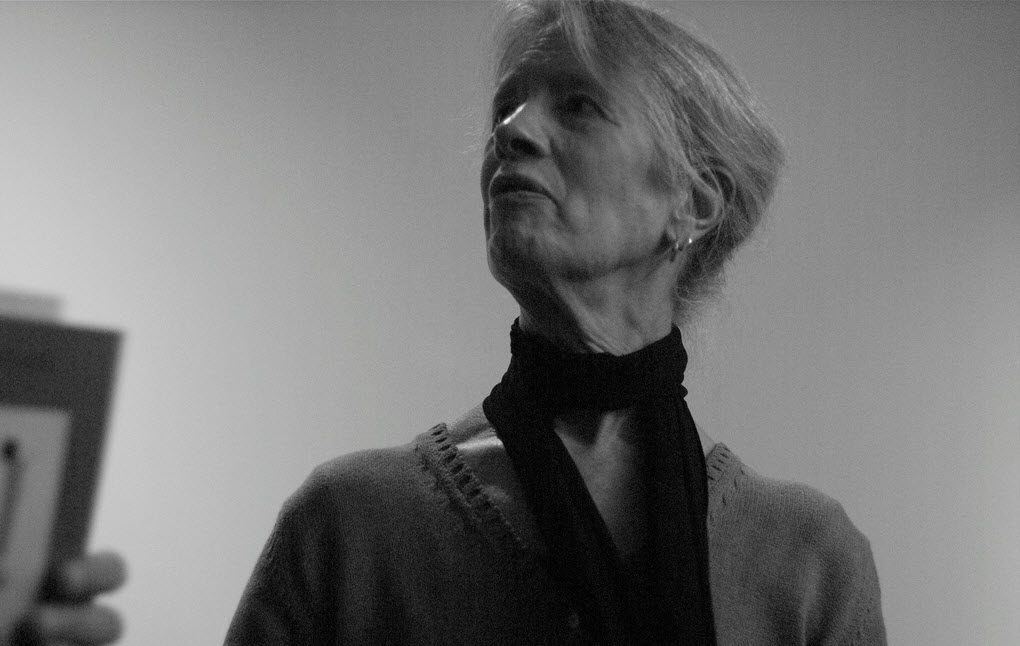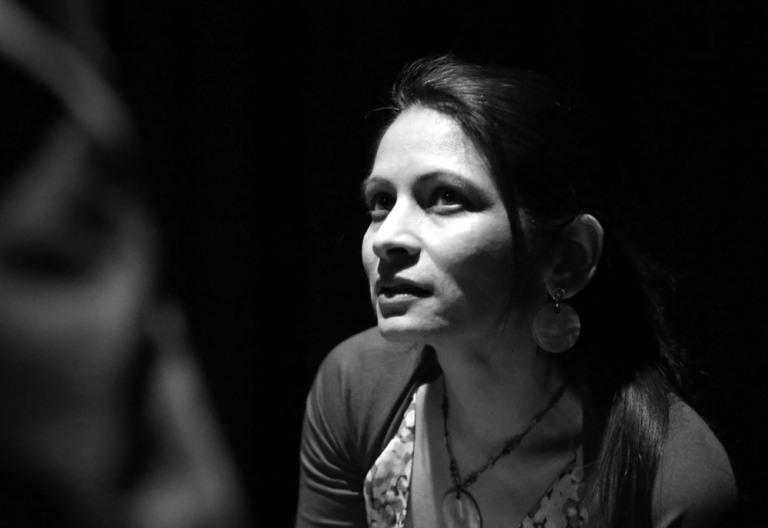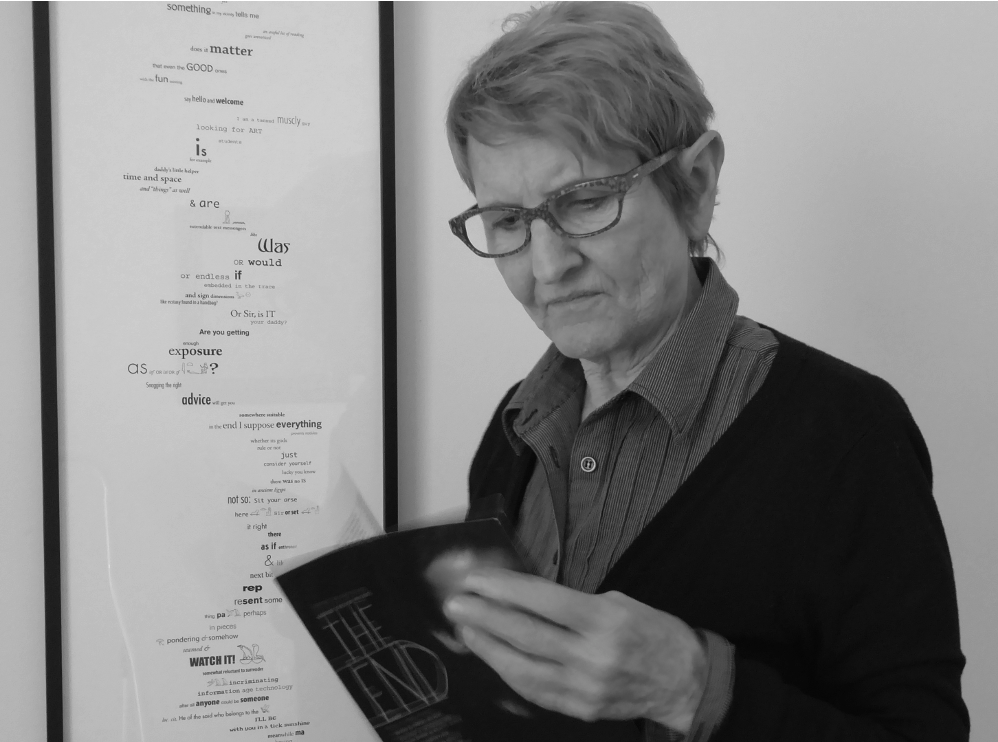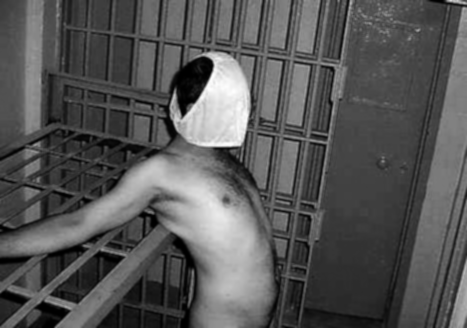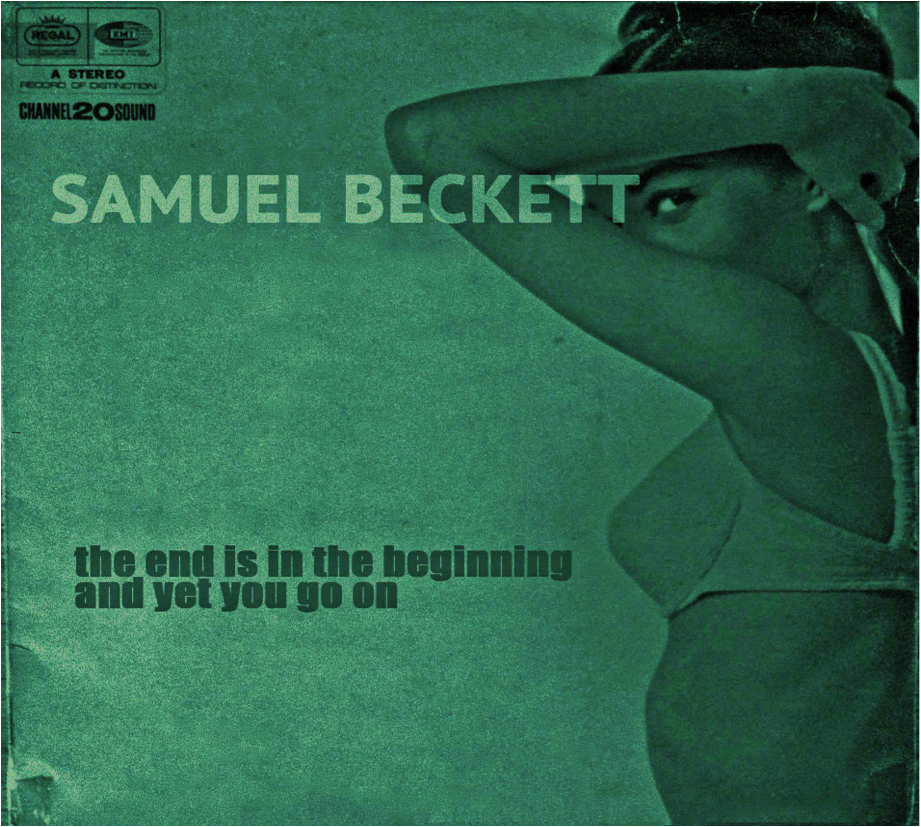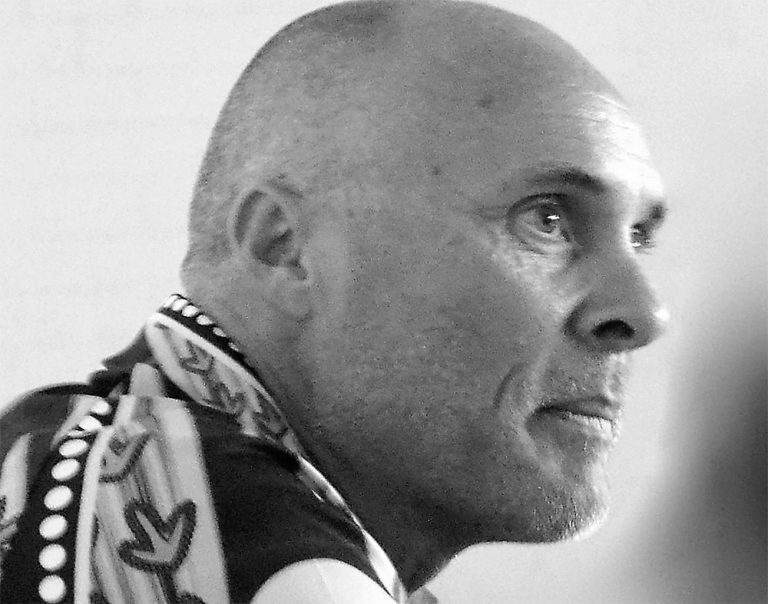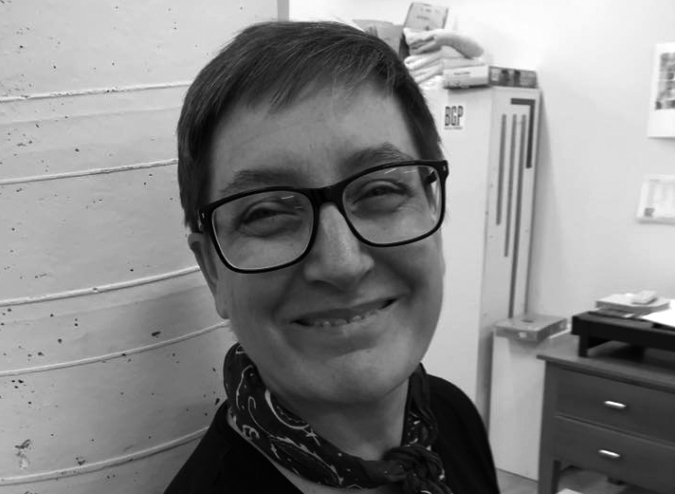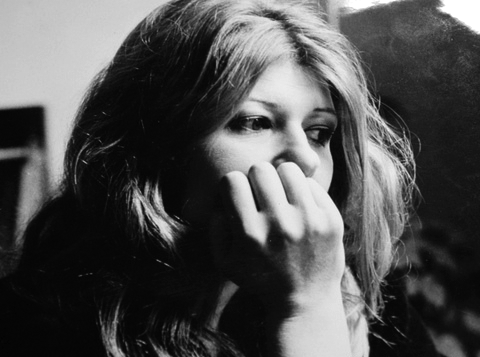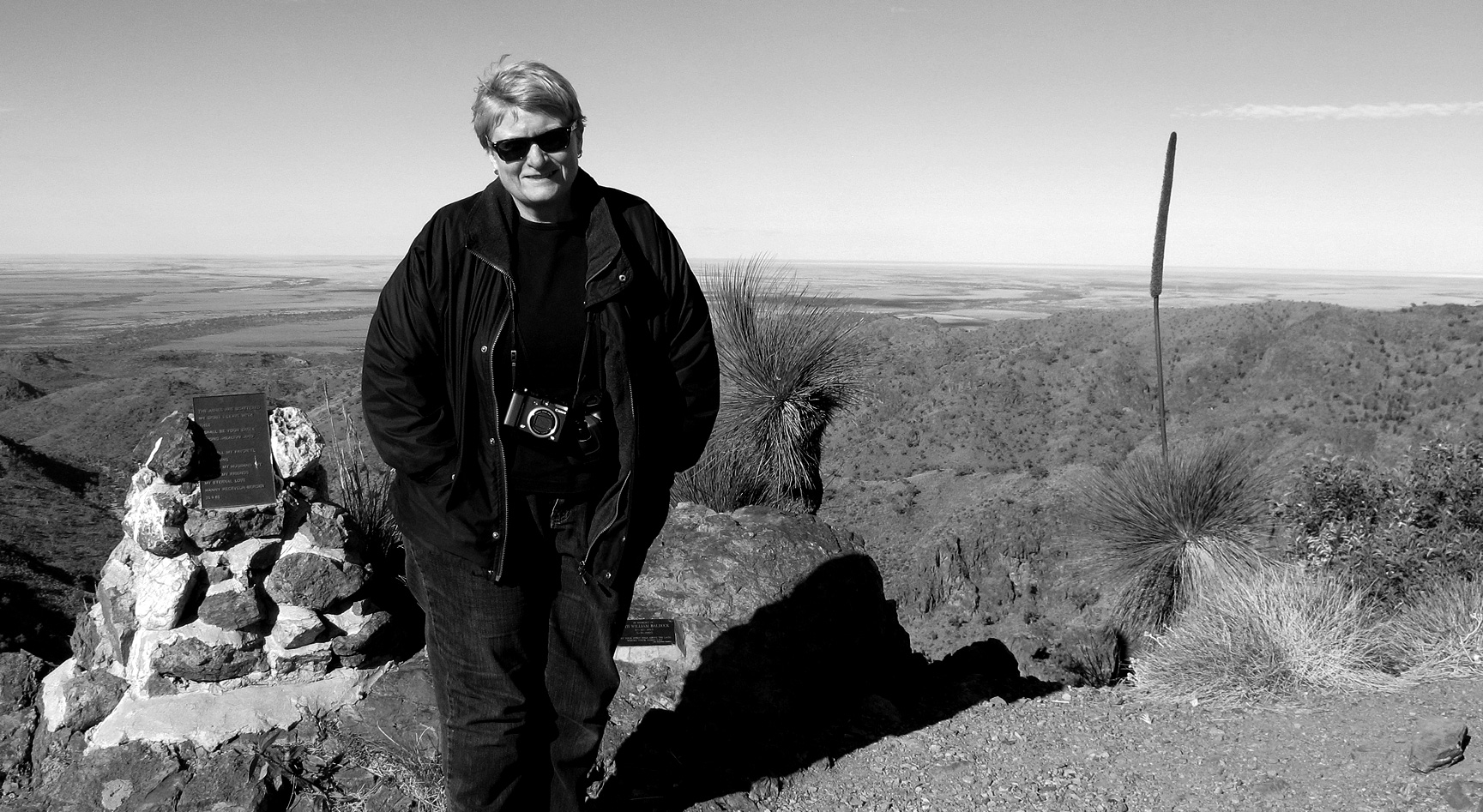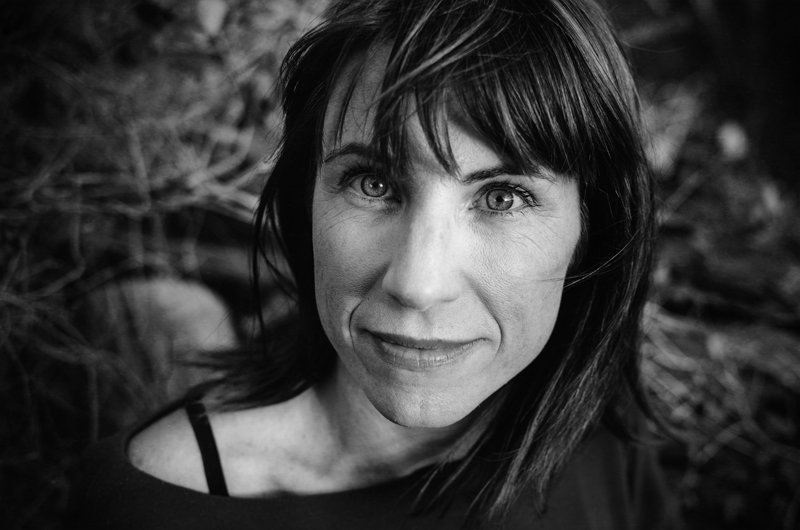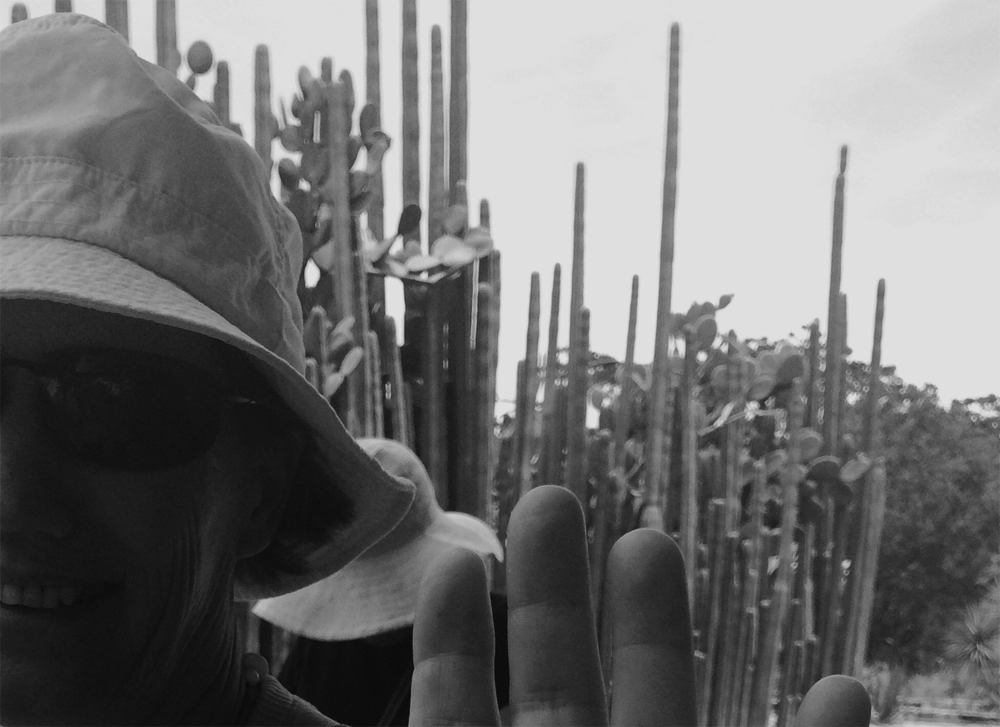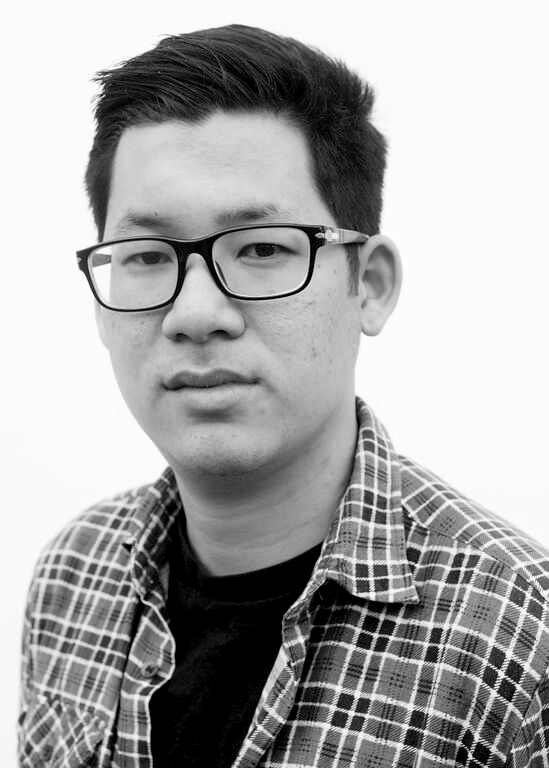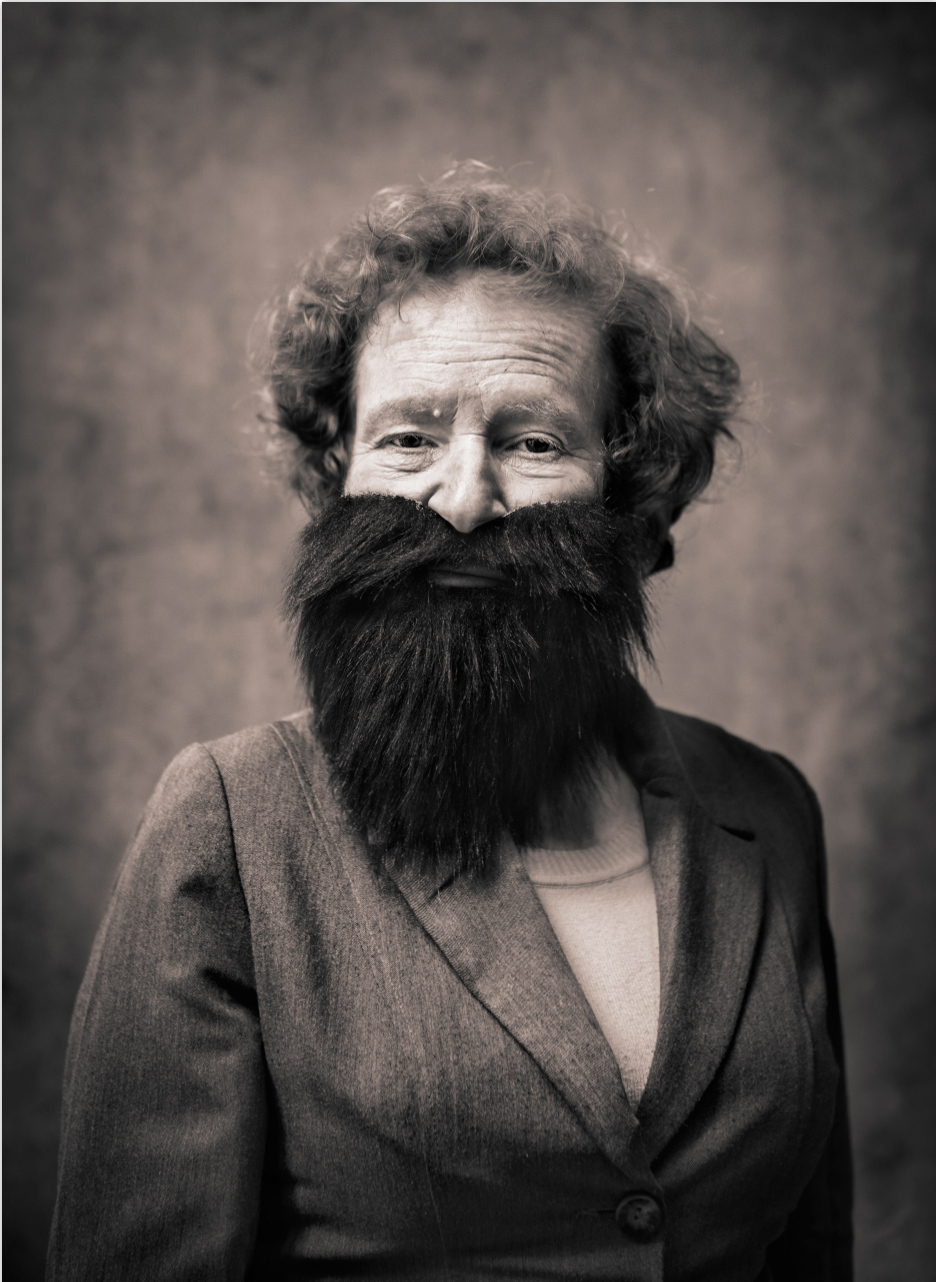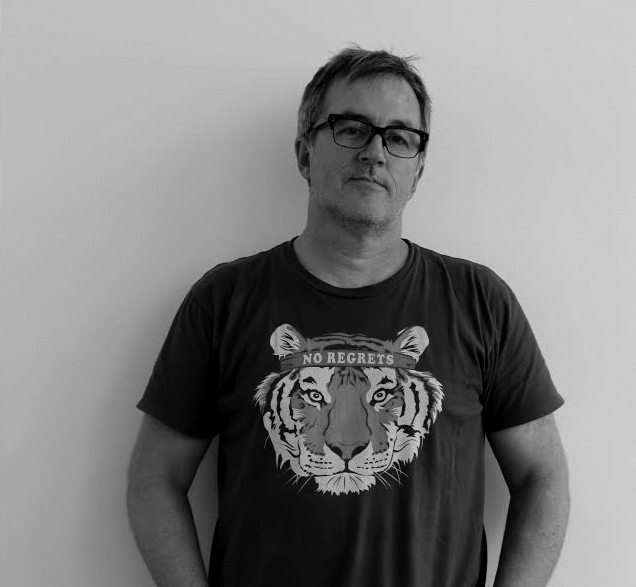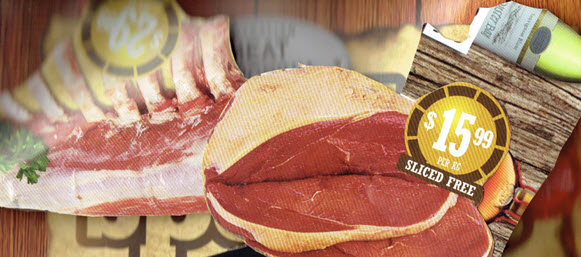ESSAYS
The Organising Mind: Discipline and Austerity in Jackson Mac Low and Art After 1960
It was the question of the quality of the ‘organising mind’ (in the above epigraph of Retallack) that began this little inquiry, an inquiry that, as Retallack puts it, is certainly based around ‘procedurally eventuated nonintentionality,’ but will go beyond that.
John Forbes’s ‘Miraculous Fluidity’
In a book on comedy, philosopher Alenka Zupančič has inadvertently discovered the key to the correlation of late twentieth century Australian poet John Forbes’s mastery of cultural imitation and his deconstruction of the mechanics of national identity so often queried in his work.
BAY AREA Editorial
Neither distance, the Pacific Ocean, nor the equator can quite explain the fact that poets in the activist San Francisco Bay Area and poets in Australia with corresponding and complementary concerns, both aesthetic and socio-political, are pretty much totally unaware of each other.
Extimate Subjects and Abject Bodies in Australian Poetry
This wry poem by Pan Zijie addresses language and human bodies as mobilised subjects. An Australian-born Chinese poet, Zijie has written in relative obscurity since publishing his first book, Vostok. Reading his striking collection Beijing Spring, published in 2015 by Maninriver Press, I wonder why I am not familiar with his work. After some online enquiries I learn that Pan holds a master’s in creative writing from Macquarie University and that he completed a PhD on representations of Chinese masculinity in Australian literature. His first collection received positive imprimaturs from David Brooks, Marcelle Freiman and Michael Wilding but I could find not a single review.
The New Reality in Australian Poetry
The generation of Murray is not my generation. The generation of Adamson is not my generation either. Nor is it Tranter or Kinsella.
hows its: To the Pitch with Nicky and Astrid
Last June I had the pleasure of launching Nick Whittock’s hows its at Gleebooks in Sydney. Since then, Michael Farrell’s extraordinary review has been published in the Sydney Review of Books, and Simon Eales’s essay, ‘’Get ready for a broken fucken arm’: The anti-instrumentalism of postcolonial cricket poetry’, discussing Whittock’s earlier chapbook covers, has been published by the UK-based magazine Don’t Do It. It seems that we are in a moment – this one, right here – in which a discussion of Whittock’s poetics and a deep engagement with the critical relationship between reading cricket and writing poetry is emerging. In the spirit of the moment, I have reworked, or rather, rewritten, my speech for Cordite Poetry Review.
THE END Editorial
I think I was thinking of a big concept like ‘The End Times’ when I made up a theme for poems for this issue of Cordite Poetry Review. There is general consensus that the times we’re living in are endtimes.
Last Concern
‘It’s over. You’re finished.’ And then, after a pause: ‘Goodbye’. These are the last five words uttered by Christopher Walken in the concluding scene of The Dead Zone (David Cronenberg, 1983).
The Huntsman of the Rubáiyat: J H Prynne and Peter Henry Lepus Go to Abu Ghraib
Minor cultures are not only represented by poetry written in response to state violence. With each such poetic utterance, they are maintained as agential entities. Michael Richardson, in his forthcoming book, Gestures of Testimony: Torture, Trauma, and Affect in Literature (Bloomsbury, 2016) tracks various examples of these linguistic productions, investigating in part ‘how poetry can resist power even from within almost complete subjection.’
The end is in the beginning and yet you go on: Samuel Beckett’s Lost Album
Café Beaurepaire resides snugly in a tree-lined cul-de-sac on the Rue de la Bûcherie in the fifth arrondissement. If not my favourite brasserie in Paris it is certainly up there, especially for its postcard glimpse of the Île-de-France, framed almost self-consciously through the horse-chestnut trees.
Natural Selection: Ecological Postcolonialism as Bearing on Place
Australian poetry reminds us that we cannot encounter the natural world except by cultural means.
This is Not a Poetry Review: Self-publishing 101
Self-publishing has never been easier to do than now, yet it’s often spoken about in terms of ‘last resorts’ or ‘building up’ to something. Some people do it shamelessly, others create publishing houses to mitigate the ‘stigma’. I’ve been sent four books to examine as case-studies, each of which use completely different styles of self-publishing.
(Self)Translation and the Poetry of the ‘In-between’
The subject and practice of translation has long been a feature of my poetry. It is a way of enacting bilingualism; the splitting and doubling of words, ideas, images and meanings that comes about in the processes of translation reflects my identity as someone who is in constant movement between cultures, split and doubled by my twin allegiances to different languages and places. In particular, I am interested in exploring my own practice of self-translation, to more fully understand the relationship between my poetic practice of writing across English and Italian and my subjectivity.
Danielle Collobert’s Survie
Danielle Collobert’s Survie is a sequence of six sonnetoid poems written and published in 1978 shortly before her suicide. The title is ironic: ‘survie’ means either the state of remaining alive after an event or in an environment that is normally fatal.
Interior Spaces: Reading Landscape through Jill Jones
There is a photograph I have returned to several times. It was taken during the drive from Melbourne to Perth, at the petrol station which marks the town of Nullarbor, while Lucas was filling our tank.
‘Crazed recuperant earthling’: The Use of Humour to Portray Psychosis in Three Australian Poems
The word ‘psychosis’ is derived from Greek, and etymologically means ‘life of the spirit’, or ‘to give animation to soul and mind’.
A Complex Contrarian of Occasions: Garry Thomas Morse’s Prairie Harbour
How do you write about a place that’s not known for much – or that is known for being ‘not much’?
The Collapse of Space: On Lisa Gorton’s The Life of Houses
I think making comparisons between Lisa Gorton’s The Life of Houses and other writers is somewhat distracting of the novel’s achievement.
TOIL Editorial
To write a poem about work is to go twice through the ropes. Once to see or do, and once to write.
A Book Which Is No Longer Discussed Today
To get to my grandfather’s bookshelf we first had to remove the strata of life-giving impedimenta that had built up over the last twenty years: oxygen tanks, IV drips, a hospital-style care bed; a certified, handmade icon of Mary and the infant Jesus, a Mary-shaped bottle of Lourdes miracle water, and another icon of Mary and child – Vietnamised now, with black hair and dark, almond-shaped eyes, dressed in the traditional silk robes of pre-colonial, independent Vietnam.
Horse
eaten away with a black hole now. He said that there were migranes caused just by the way the head is held now. When we were children. His father hurt me. Freud hurts me because he tells me and then he forgets me. He tells me and then he forgets me.I tell me and then I forget me.
Cruel Buffoonery
In the North American summer of 2015 I journeyed into the heart of the MFA industrial complex.
UMAMI Editorial
Around ten years ago I was offered a semester of teaching at the University of Technology Sydney. I accepted the job with some hesitation, thinking that energy spent teaching would be of the irreplaceable variety, and that what I would lose forever would be energy devoted to the central concern: writing
Pamphleteer
The paper securities of new, precarious, tottering power, the discredited paper to change their paper and depreciated paper is a paper circulation, the heart of a boundless paper circulation.

